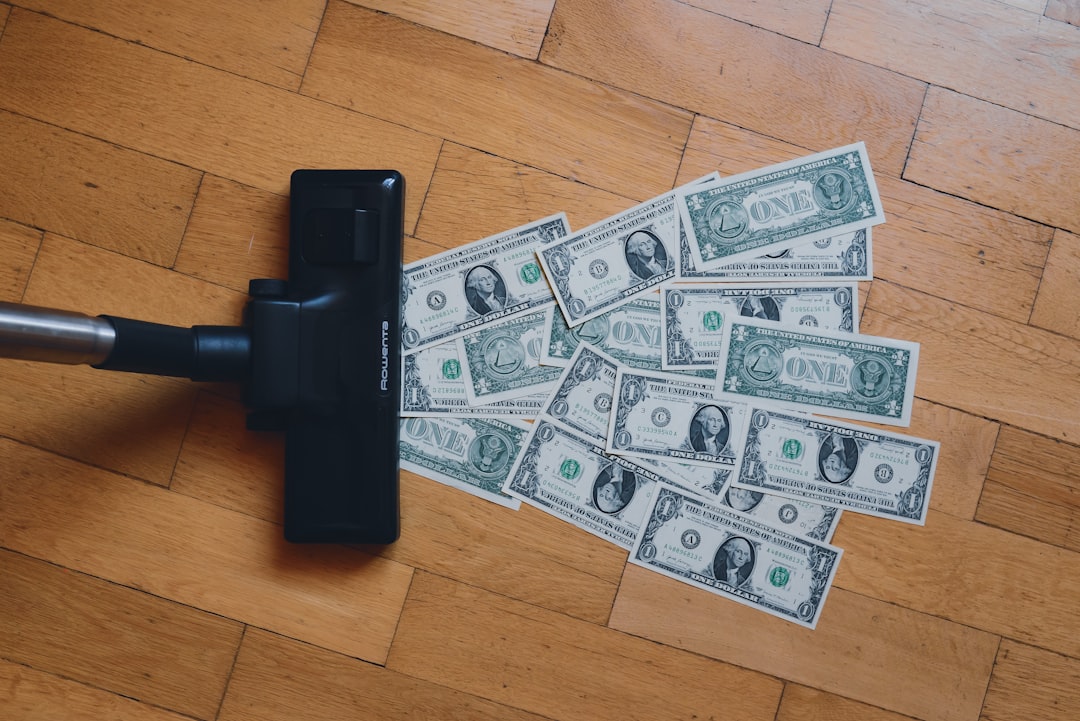The realities of inflation — even as it slows — mean workers want access to their pay as soon as possible. Managing cash flow as costs rise quickly over time means accessing your pay at the earliest possible date.
That’s where earned wage access (EWA) products come into play.
These products allow employees to access a portion of their wages BEFORE payday — sometimes for a fee, often with no interest.
The app-based products mean workers can essentially get paid (at least a little) when they want and can use those early deposits into their bank accounts to manage their overall cash flow.
American Banker reports that fintech companies offering EWA products are moving quickly to capitalize on the “opportunity” created by the current inflationary climate.
Visa, DailyPay and The Bancorp Bank this week launched a reloadable prepaid card that’s tied to an earned wage access (EWA) feature, or a way for employees to access a portion of their salaries earlier than the traditional two-week pay cycle. The prepaid card is being launched as EWA firms report an increase in adoption, creating a race among EWA providers to reach new employers and users.
This all sounds well and good — and no-fee, no interest early pay can be a great way to help employees gain access to credit in a tight economy.
However, the National Consumer Law Center (NCLC) notes that these products often function as a sort of kinder, gentler payday loan.
Earned wage access products are loans — advances on pay, usually for a fee — and carving a loophole for them will just lead workers to get caught in debt traps and cycles where they are paying to be paid,” said Lauren Saunders, associate director of the National Consumer Law Center.
Time will tell whether these new options are effectively increasing credit to underserved markets OR are acting in predatory roles.
Still, consumers should be wary of earned wage access products and be fully cognizant of fees, costs, and interest attached to such plans.

Gambling with a Money Hungry Lion (Or a Bear)
I wrote recently about how the Dave App was using games of chance to entice customers to take out more loans. Seems the friendly cartoon bear that is Dave’s mascot inspired another animal-themed fintech lender to get in on the gambling action.
Now, MoneyLion is using games of chance to encourage customers to keep interacting with the app.
To be clear, MoneyLion’s game doesn’t encourage or incentivize taking out a loan. It does, however, give customers one more chance to interact with their platform. Keeping customers regularly engaged will surely lead to at least some of them doing additional borrowing.
The trend here is clear: Fintech lenders with app-based interfaces want customers to be regularly using their apps. Period. The more customers access the apps, the more information they can collect about the customers and the more likely those customers are to take out new loans.
New loans mean more debt for the customers, but more profits for these fintech lenders.
MoneyLion, you may recall, was forced to give refunds to Minnesota customers after providing loans to customers there at rates up to 650%.
The name of the game in this industry is short-term, low-dollar loans. In the case of MoneyLion in Minnesota, the loans in question were for $250. MoneyLion is banking on customers needing a bit of cash over a short time period — and that those same customers are in such a money crunch they aren’t paying attention to the interest rate.
Once they have customers hooked on that first loan, it seems they’ll go to any lengths to remind the customers of their borrowing options. Heck, they’ll even offer a non-borrowing game of chance just to get a consumer to go into the app one more time.
These games come at a great cost for the borrowers least able to pay, but they mean big money for MoneyLion. As I noted in an earlier piece:
MoneyLion has slightly increased its revenue forecast for 2022, now targeting $330-$340 million in adjusted revenue vs. its $325–335 million forecast from last quarter.
All this easy cash explains why even Cash App is getting in on the low-dollar loan business.



